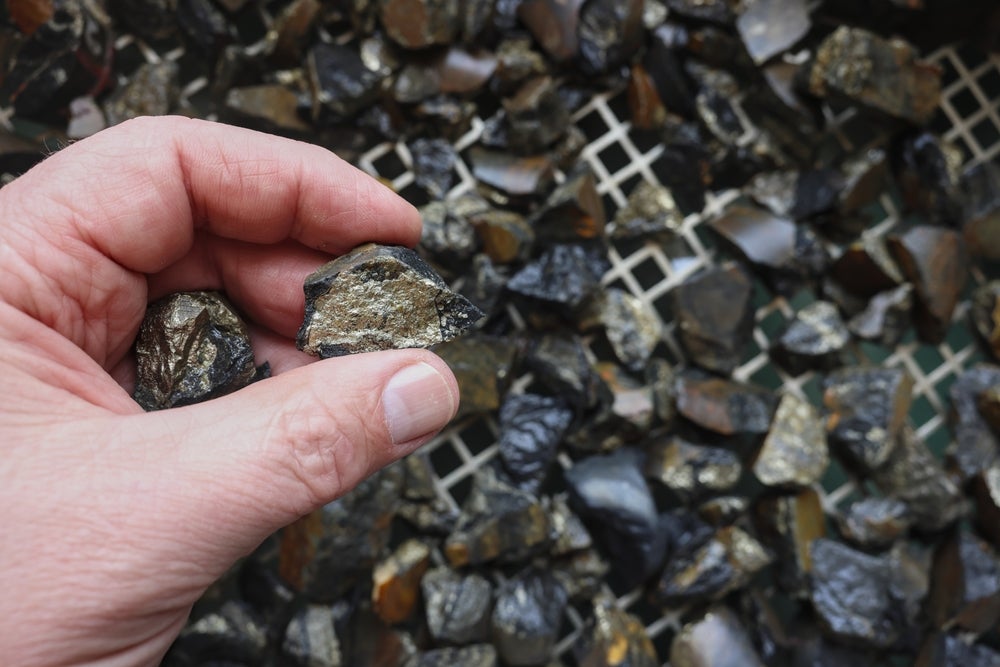Oil became the dominant fuel for transport, industry, and the military from roughly World War I onwards. Following this conflict, oil became more than just a commodity; it was the operating system of industrial society. It powered transport, heavy industry, and mechanised agriculture, and underpinned modern militaries.
By World War II, oil was not just a fuel; it was the lifeblood of national power. This embedded oil deeply into every industry, because there were no fast substitutes for oil in transport or heavy industry, demand was extremely inelastic, and even small disruptions caused economic crisis. Nations, therefore, pursued oil access not as an ordinary economic goal but as a core national security imperative.
In the first half of the century, oil politics were dominated by a small group of Western companies known as the ‘Seven Sisters’, including Standard Oil, Shell, BP, etc. These companies controlled the majority of the world’s reserves outside the US. Their power came from exclusive long-term concessions they negotiated, often with colonial or weak governments. In many regions, especially the Middle East, Western companies essentially acted as imperial administrators of the oil industry.
The use of oil as a political weapon
After World War II and the wave of decolonization, newly independent states began to push back against this corporate dominance. The result was the formation of the Organization of the Petroleum Exporting Countries (OPEC) in 1960, a collective effort by oil-producing nations (initially Iran, Iraq, Kuwait, Saudi Arabia, and Venezuela) to gain more control over production levels and prices. In the 1970s, OPEC members nationalised their oil industries, ending the Seven Sisters’ control. This shift gave producer states unprecedented geopolitical power. The 1973 Arab oil embargo, launched during the Arab-Israeli war, showed that oil could be used as a strategic weapon; by restricting supply, Arab producers triggered a global economic shock, quadrupled oil prices, and reshaped Western foreign policy priorities. A second shock followed the 1979 Iranian Revolution, and these cries made it clear that oil politics could destabilise entire global economies and reorder global alliances.
By the late 20th century, the world had built an entire security architecture around oil, including alliances, military bases, naval patrols of shipping lanes, and diplomatic commitments to oil-rich monarchies. From the Suez crisis to the Iran-Iraq war to multiple US-led wars, oil repeatedly acted as both the backdrop and the trigger for global conflict. No other resource had so thoroughly structured the geopolitics of an entire century.
Why minerals matter in the 21st century
However, the scramble for critical minerals such as lithium, cobalt, nickel, copper, and rare earths all play a similar role in the 21st century that oil played in the 20th.
These minerals are indispensable to clean energy technologies such as electric vehicles, batteries, solar panels, wind turbines, and power grid infrastructure. As the world accelerates towards decarbonisation, demand for many of these minerals is projected to multiply several times over. Critical minerals are becoming embedded in the core machinery of modern powers, shaping industrial strategies and the global distribution of economic influence.
Extraction versus processing interplay
However, the geography is different from that of oil. Oil reserves were heavily concentrated in the Middle East, whereas critical mineral extraction today is spread across Latin America, Africa, Australia, Southeast Asia, and China.
But the true chokepoint is not extraction; it is the processing and refining, where China holds dominant market share in nearly every major mineral, supplying almost 85% of cathode active materials and over 90% of anode active material production. This creates a geopolitical structure unlike the oil age: instead of a producer cartel like OPEC controlling the resource, a processing superpower controls the means to convert raw materials into usable industrial inputs. As a result, many Western countries are highly dependent on China for the building blocks of clean energy, even when the raw minerals are mined elsewhere.
Two resource races and geopolitical competition
Once again, a small number of actors control resources essential for economic and military power. Once again, major powers are competing through investment, diplomacy, and strategic agreements to secure supply. And once again, resource-rich developing countries find themselves courted by global powers, raising familiar concerns about the resource curse, unequal bargaining power, and environmental degradation. Minerals, like oil, are becoming tools of strategic leverage and incentives for new alliances and foreign policy.
Yet the differences are equally important. Unlike oil, critical minerals are used to build capital goods such as cars, grids, and turbines. This means dependence is more concentrated during the construction of the clean energy system, not indefinitely. Over time, recycling and technological innovation can reduce this, giving mineral geopolitics a more dynamic and potentially temporary structure compared to the continuing centrality of oil.

US Tariffs are shifting - will you react or anticipate?
Don’t let policy changes catch you off guard. Stay proactive with real-time data and expert analysis.
By GlobalData





